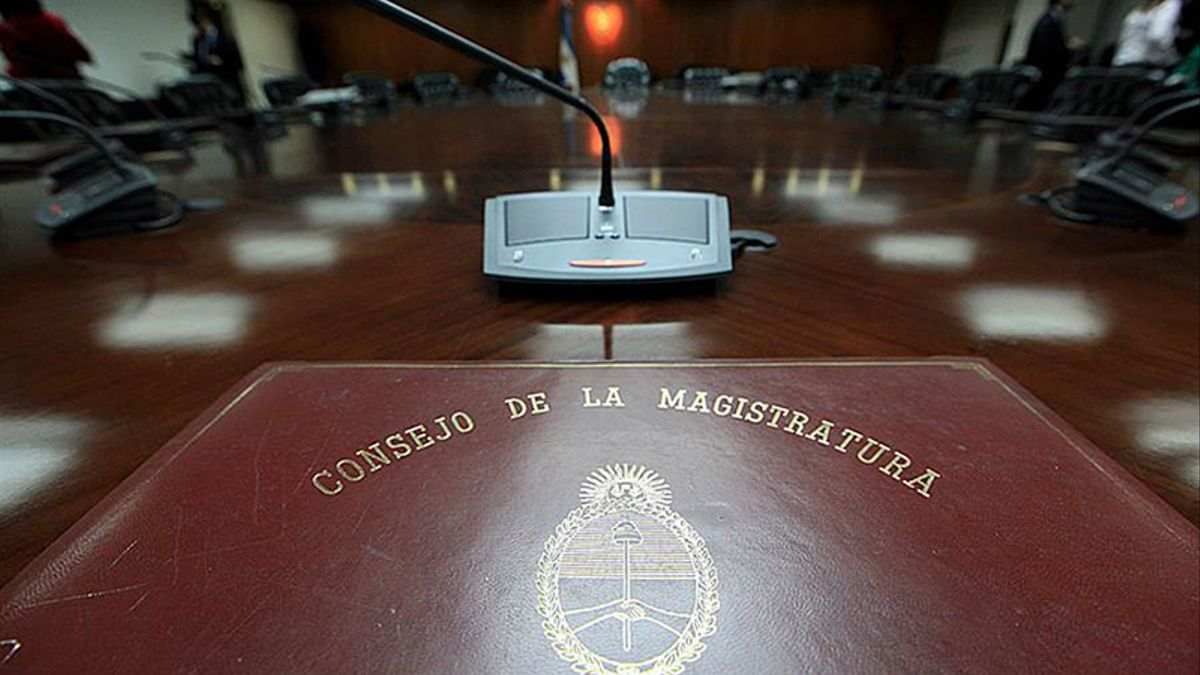Candidate for the Judicial Council
When a high percentage of citizens disbelieve in justice, those of us who work and are part of that universe are challenged. Do we want the justice that we have? How would we transform it? In what way?
These are just some of the questions that move us, that invite us to debate and imagine a justice system that is broad, inclusive, reliable.
In this scheme, the Council of the Judiciary is central to face some of the challenges of the present. I think first of parity: 56 percent of university enrollment in law is for women, even though the highest positions in the Judiciary are closed to us. Men, not surprisingly, make up 69 percent of the highest judicial authorities. That is what we are talking about when we raise the need for a feminist judicial reform: breaking the glass ceiling and going for more. The Special Rapporteur on the independence of judges and lawyers of the United Nations Organization (UN), Diego García-Sayán, warned that women with family responsibilities have less time to meet certain academic requirements. In practice, this means that many end up being excluded from training, with the impact that this has on their professional development. If we do not take these inequalities into account when reviewing the selection procedure for magistrates, for example, we will not stop reproducing the inequities that we are experiencing. The same could be considered regarding diversities: promoting the employment of trans people constitutes an inescapable commitment to human rights on the path of transformation of the Judiciary.
Our task as representatives of lawyers cannot ignore the reality of the universe in which we influence. Today, the procedural regulations for the selection of judges hinder access to the judiciary for ordinary lawyers. It is essential to eradicate judicial inbreeding and revalue the insertion of colleagues from the liberal practice of our profession. The plurality of voices and collective work strengthens institutions. And for that we must work.
When a society looks with mistrust at its justice system, we must heed that alarm, participate, commit ourselves. It is not just another body: the Judicial Council is central to carrying out the transformation. Federalizing it, strengthening the association and representation of ordinary lawyers in its structure and mainstreaming the gender perspective in its operation are some aspects that, in terms of social justice, will undoubtedly contribute to the construction of the justice that we want .
Source: Ambito




